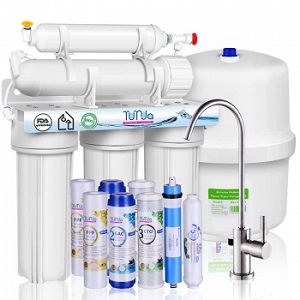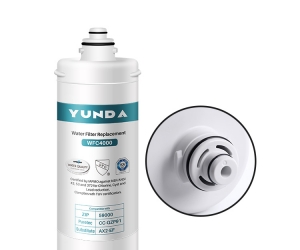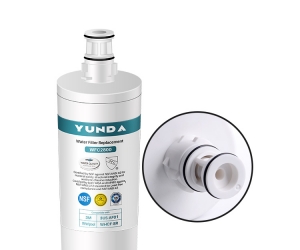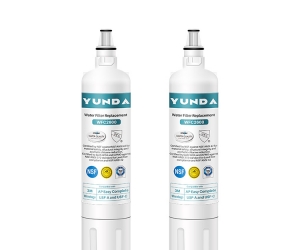What is Pure Water?
Purified water refers to its pure water quality, which does not contain any impurities and is composed of a simple substance of H2O. It effectively prevents various types of germs from invading the human body. Its advantage is that it can effectively and safely replenish water to the human body. It has strong solubility, so it has strong affinity with human cells and promotes metabolism.

Generally, in the production process of pure water, only 50% -75% of the source water is used, that is to say, 1 kg of tap water or groundwater can only produce about 0.4 kg of purified water, and the remaining 0.6 kg Water cannot be used as drinking water, it can only be used for other purposes.
RO System Technology
The reverse osmosis technology is reverse osmosis membrane, also known as RO membrane, which has the highest filtration accuracy, up to about 0.0001 microns (10 times finer than nanofiltration). Under a certain pressure (so a booster pump is required), only water molecules can pass through the reverse osmosis membrane, and inorganic salts, heavy metal ions, organics, colloids, bacteria, viruses and other impurities in the raw water cannot pass through the reverse osmosis membrane, so The water filtered by the reverse osmosis membrane is very pure, which is theoretically "purified water"!
Why RO System Produce Wastewater? What Causes These Wastewaters?
A: There are two main sources of wastewater: washing wastewater and filtering wastewater.
Flushing waste water is used to flush the RO membrane, which is usually flushed when the machine restarts to make water, so as to avoid the RO membrane from being blocked and prolong the service life of the RO membrane.
Filtration wastewater is some retentate produced by tap water after being filtered by RO membrane.




